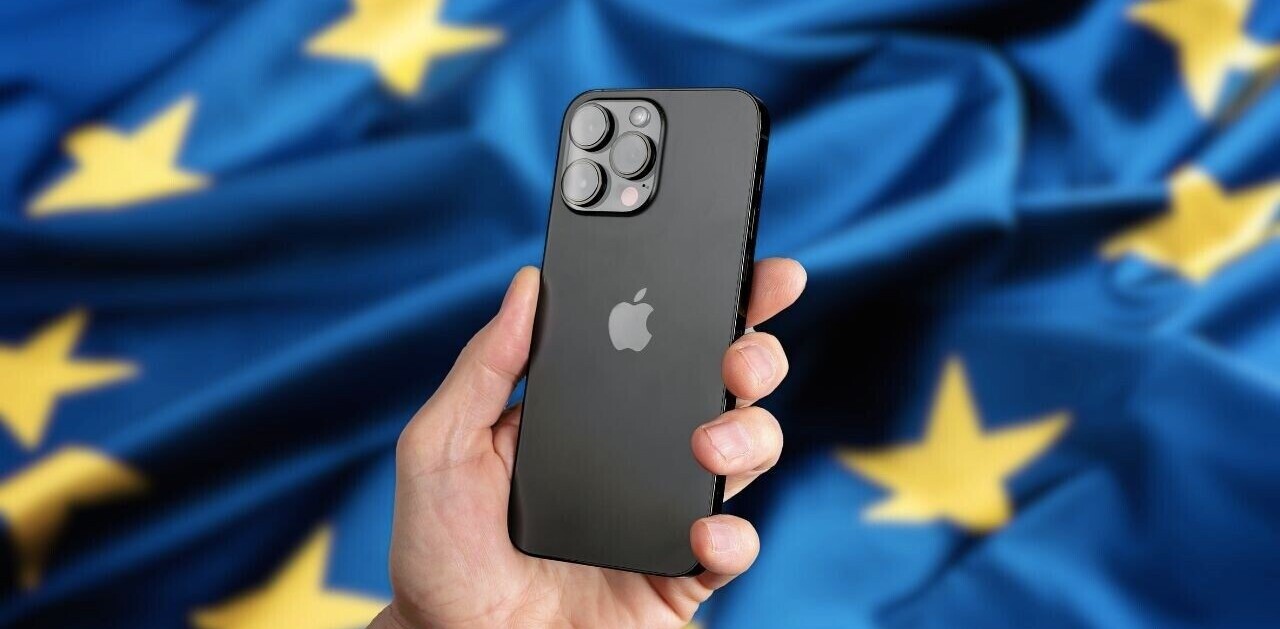
In the wake of the Paris attacks, Apple, Facebook and Google, along with dozens of other global tech firms, have urged regulators against weakening vital encryption tools used to secure systems across industries like banking and transport.
Heads of the G20 group of nations met on Monday to discuss the response to the events in France and vowed to launch joint security initiatives to beat the Islamic State.
In response, the CEO of the Information Technology Industry Council (ITIC) Dean Garfield said:
We deeply appreciate law enforcement’s and the national security community’s work to protect us, but weakening encryption or creating backdoors to encrypted devices and data for use by the good guys would actually create vulnerabilities to be exploited by the bad guys, which would almost certainly cause serious physical and financial harm across our society and our economy. Weakening security with the aim of advancing security simply does not make sense.
This follows on from a longer letter sent to Barack Obama back in July that outlined consumer trust and privacy concerns, as well as suggesting that any change in US policy would set a dangerous example for other countries to follow.
Meanwhile, messaging app Telegram has vowed to keep protecting its users’ privacy by continuing to offer encrypted private channels, while also helping to stop Islamic State using the platform to spread its message in public.
In September, Telegram CEO Pavel Durov admitted in an interview at TechCrunch Disrupt that the group is using the platform’s private channels to communicate.
“Ultimately, ISIS will find a way to communicate with its cells, and if any means doesn’t feel secure to them, they will find something else,” he explained. “We shouldn’t feel guilty about it. We’re still doing the right thing, protecting our users’ privacy.”
This statement, reiterated in an email sent to The Next Web, was made before Telegram launched its public channel feature two months ago.
The company has confirmed that 78 of these new channels being used for publicity by ISIS have been blocked since the Paris killings.
“We were disturbed to learn that Telegram’s public channels were being used by ISIS to spread their propaganda,” the company said in a statement.
Speaking to The Next Web, a Telegram spokesperson confirmed: “We were committed to blocking public ISIS content since we launched the channels feature two months ago.”
The ban on ISIS has not been extended to private conversations and given that Telegram is being used both publicly and privately by the group, a Russian official has called for the platform to be banned.
In response, Durov used his profile on Russia’s Facebook equivalent VK, a site he launched, to mockingly suggest that banning words, rather than targeting technology, might be a better tactic for combatting extremism.
Update: this story was updated on Saturday 21 November to reflect changes to a previously referenced article from The Washington Post
➤ Tech group rejects post-Paris call for data encryption ‘backdoors’ [Reuters]
Get the TNW newsletter
Get the most important tech news in your inbox each week.





